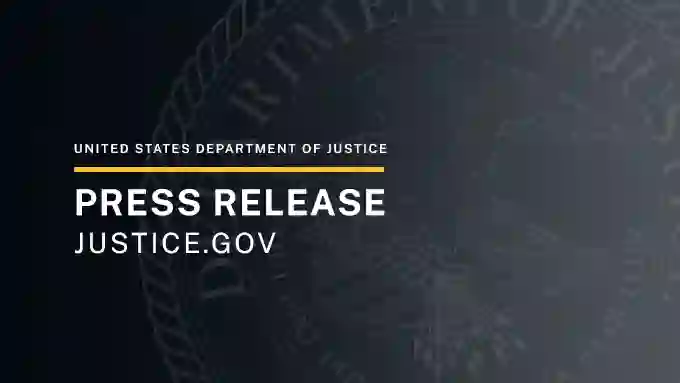What started with an insider tip has ended in a nearly $5 million payout from a Pennsylvania-based patio furniture maker.
Grosfillex Inc., a company many know for its outdoor chairs and tables, has agreed to settle allegations that it avoided paying U.S. trade duties by misrepresenting where some of its parts came from—and how they were packaged.
Government Accuses Company of Dodging Import Taxes
The U.S. Justice Department announced that Grosfillex will pay $4.9 million to resolve accusations that it sidestepped required antidumping and countervailing duties (AD/CVD)—taxes meant to protect American manufacturers from unfair foreign competition.
These duties apply specifically to extruded aluminum parts imported from China, which the government says Grosfillex disguised in order to avoid paying the extra fees.
According to the Justice Department, the company submitted misleading customs paperwork, claiming certain aluminum parts weren’t subject to these duties.
In some cases, Grosfillex allegedly repackaged aluminum components as fake “furniture kits” to make it seem like they were exempt.
In other instances, the company allegedly failed to fix inaccurate customs filings—even after learning they were incorrect.
What These Trade Duties Are Meant to Do
The Department of Commerce and U.S. Customs and Border Protection (CBP) enforce antidumping and countervailing duties to make sure U.S. companies aren’t undercut by heavily subsidized or artificially cheap foreign goods.
Antidumping duties tackle the issue of products being sold below market cost, while countervailing duties offset foreign government subsidies.
In this case, officials say Grosfillex tried to cheat the system—and that cheating affects not just the government, but honest American businesses trying to compete fairly.
Justice Department Sends a Strong Message
Assistant Attorney General Brett Shumate made it clear: “This settlement shows that if companies think they can get away with dodging duties, they’re wrong.
We’re watching—and we will take action.” U.S. Attorney David Metcalf added that the Pennsylvania office is committed to using every legal tool possible to stop international trade fraud.
Homeland Security Investigations (HSI), which worked with CBP and the Justice Department on this case, echoed that message.
Special Agent Edward Owens emphasized that this resolution was only possible thanks to strong collaboration between agencies—and it proves that complex fraud schemes won’t go unnoticed.
Whistleblower Gets Nearly $1 Million
Interestingly, this case came to light thanks to a whistleblower: Edward Wisner, a former employee at Grosfillex.
Under the False Claims Act, private citizens can report fraud against the government—and if the case leads to a financial recovery, the whistleblower can receive a share.
That’s exactly what happened here.
Wisner will receive $962,662.74 for his role in exposing the misconduct.
Investigation Was a Team Effort
This legal outcome didn’t happen overnight.
It was the result of a joint effort between several federal offices, including the Justice Department’s Civil Division, the U.S. Attorney’s Office for the Eastern District of Pennsylvania, and CBP.
Attorneys Nelson Wagner and Mark Sherer led the charge on the case.
Public Encouraged to Report Similar Frauds
While Grosfillex has agreed to pay, the government clarified that the settlement doesn’t mean the company admitted guilt.
These were allegations, not proven legal findings.
Still, the case highlights just how seriously U.S. authorities take import fraud.
The Justice Department encouraged anyone with information about similar customs-related fraud to report it through CBP’s online tip portal at www.help.cbp.gov/s/tip.
